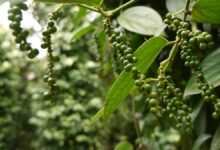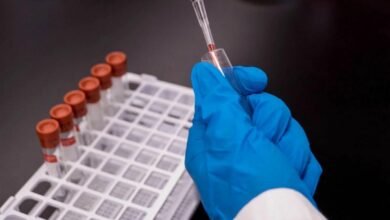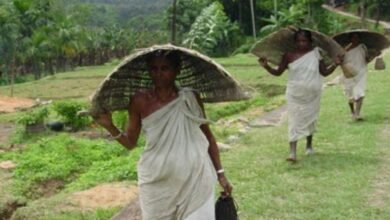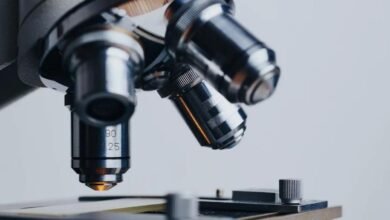Path-breaking research by Kerala-based RGCB finds liver cancer treatment capabilities in local shrub
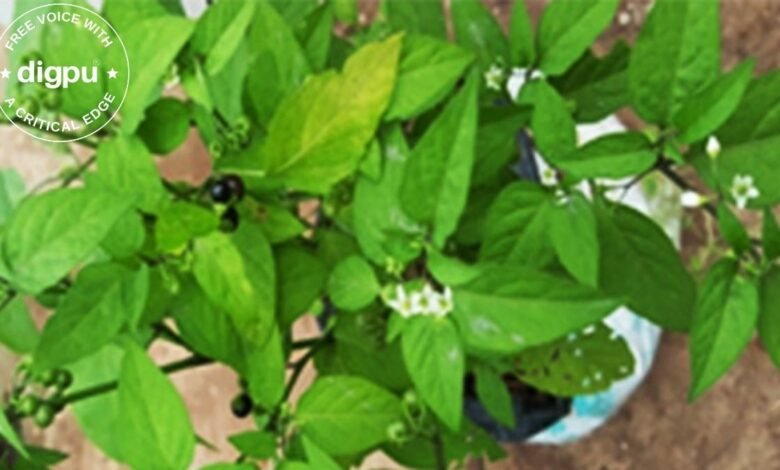
RGCB scientists found that the Solanum nigrum shrub has properties that protect the liver from uncontrollable cell growth.
Path-breaking research by scientists at the Rajiv Gandhi Centre for Biotechnology (RGCB) based in Thiruvananthapuram, the Kerala capital, has revealed the capability of a berry-bearing black nightshade shrub in treating liver cancer. The Rajiv Gandhi Centre for Biotechnology is an autonomous institute under the Department of Biotechnology, Government of India.
Solanum nigrum, known as ‘Manathakkali’ in local parlance, is a perennial shrub found in the backyards of houses and along the roadsides of Kerala. It has been found that this shrub holds within itself properties to protect the human body’s largest internal organ from uncontrollable cell growth, according to a team of scientists with the RGCB.
Significantly, the compound called Uttroside-B which is isolated from this plant received orphan drug designation from the FDA of the United States. Orphan Drug designation supports the development and evaluation of new treatments for rare diseases and allows fast track approval of the drug.
US pharma firm QBioMed buys technology patented by RGCB scientists
The technology patented by Dr Ruby John Anto, a senior scientist at RGCB, and her student, Dr Lekshmi R Nath, has been bought by the US pharma company QBioMed. The technology transfer was done through Oklahoma Medical Research Foundation (OMRF), a source at RGCB said. Dr Ruby and Dr Lekshmi isolated the drug molecule, Uttroside-B, from the leaves of the Manathakkali plant.
The path-breaking research is expected to be a major breakthrough in the treatment of liver diseases, including liver cancer. The first milestone payment from QBioMed has already been received, elaborated Dr Chandrabhas Narayana, Director, Rajiv Gandhi Centre for Biotechnology.
According to the RGCB director, the findings are path-breaking, given that the liver which primarily detoxifies food while aiding the digestion is found to be increasingly susceptible to cancer in modern times. The malignant disease of the bile-producing organ is estimated to kill no less than 800,000 people annually even as 900,000 new cases are reported every year, he said.
Dr Ruby and team are currently studying the mechanism of action of the compound and evaluating its efficacy against fatty liver disease, non-alcoholic Steato Hepatitis (NASH) and liver cancer caused by food toxins. This study is being undertaken in collaboration with Dr L Ravishankar, a scientist with the CSIR-NIST, Thiruvananthapuram, who has developed a novel method to isolate the compound from Solanum nigrum leaves.
More effective in liver cancer treatment
According to Dr Ruby John Anto, there is only one FDA-approved drug currently deployed in liver cancer treatment. The compound developed by her team is found to be more effective than the one available at present, and the toxicity evaluation in human volunteers has shown that the compound is also effective in treating fatty liver.
It has also been found that chloroquine phosphate, a drug already being used in the clinics against malaria if repurposed and used in a combinatorial regimen with Uttroside-B can tremendously improve the therapeutic efficacy of Uttroside-B against liver cancer.
The technology has been granted a patent by the US, Canada, Japan and South Korea. The research work was published in the Nature group of Journal, ‘Scientific Reports’, the Rajiv Gandhi Centre for Biotechnology source added.

